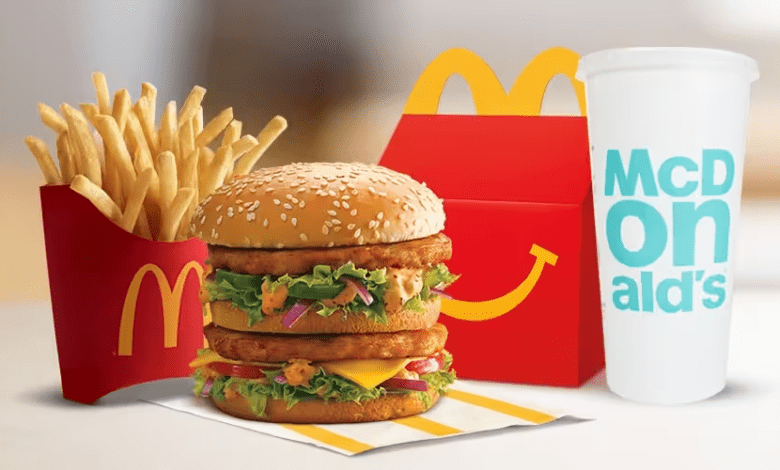
McDonalds India has issued a notice stating that it would not be able to serve its products with tomatoes due to price and quality issues arising in obtaining tomatoes.
The increase in vegetable prices is caused by multiple factors, such as extreme heat in areas where tomatoes are grown and heavy rainfall, which has disrupted the transportation of vegetables. Furthermore, tomatoes have a short shelf life, which also affects their availability and drives up their prices.
Aditya Saha, a SEBI registered investment adviser, recently tweeted about a notice displayed at a McDonald’s restaurant in Delhi stating that even McDonald’s is facing difficulties in affording tomatoes. Typically, restaurants and quick-service restaurant chains have fixed prices throughout the year and do not account for price fluctuations.
The problem is with the supply of tomatoes, which might affect their quality. Tomato prices have gone up significantly in northern regions of India. In places like Gangotri Dham and Uttarkashi district, tomatoes are being sold at around ₹180 to ₹250 per kilogram. Local vegetable sellers have noticed this sudden increase in prices, resulting in a decrease in consumer demand. Similar price hikes have been observed in Gangotri and Yamunotri, where tomatoes are being sold for ₹200 to ₹250 per kilogram. People are finding it difficult to afford tomatoes at these high prices, leading to a decrease in their purchase.
Tomato prices have also surged in Karnataka, particularly in Bengaluru, where they range from ₹101 to ₹121 per kilogram. The increase in prices is due to the sudden rise in temperatures during March and April. Higher temperatures have caused pest attacks on tomato crops, resulting in lower yields and subsequently driving up market rates.



